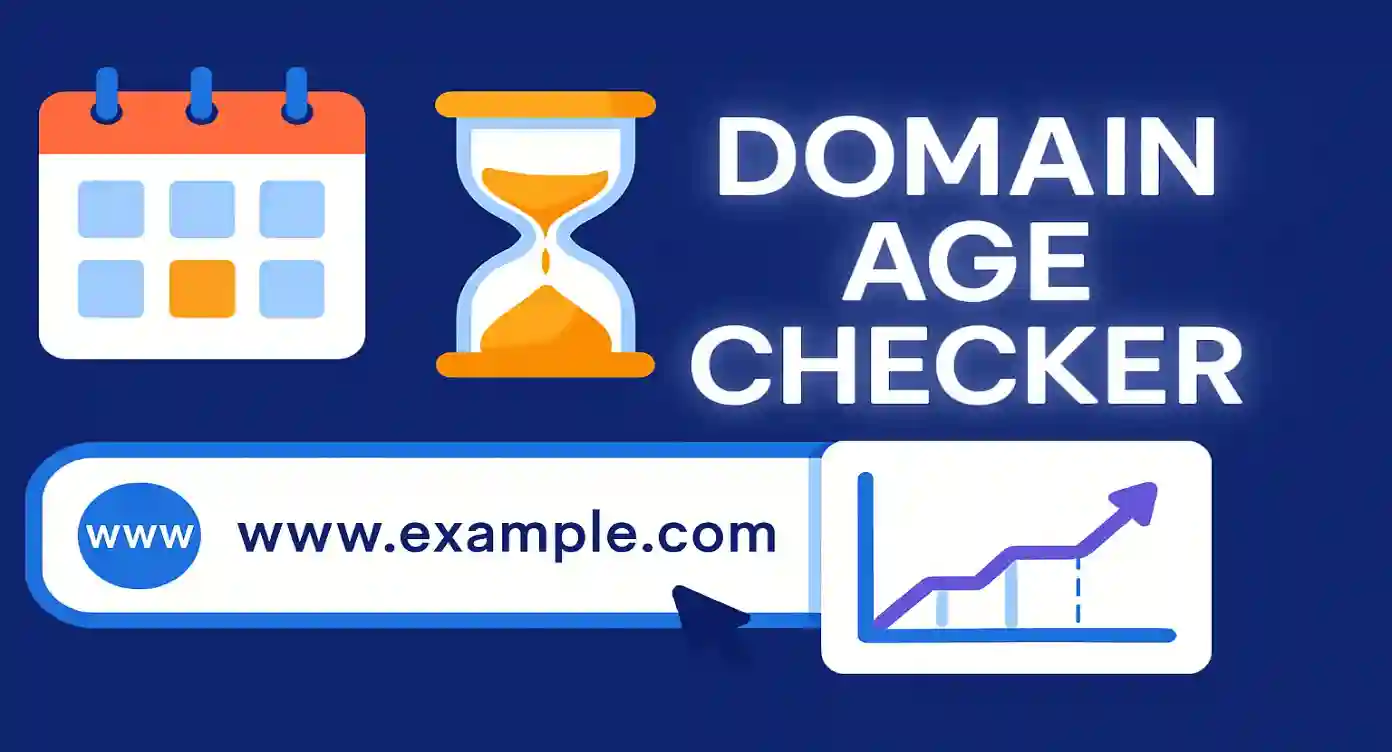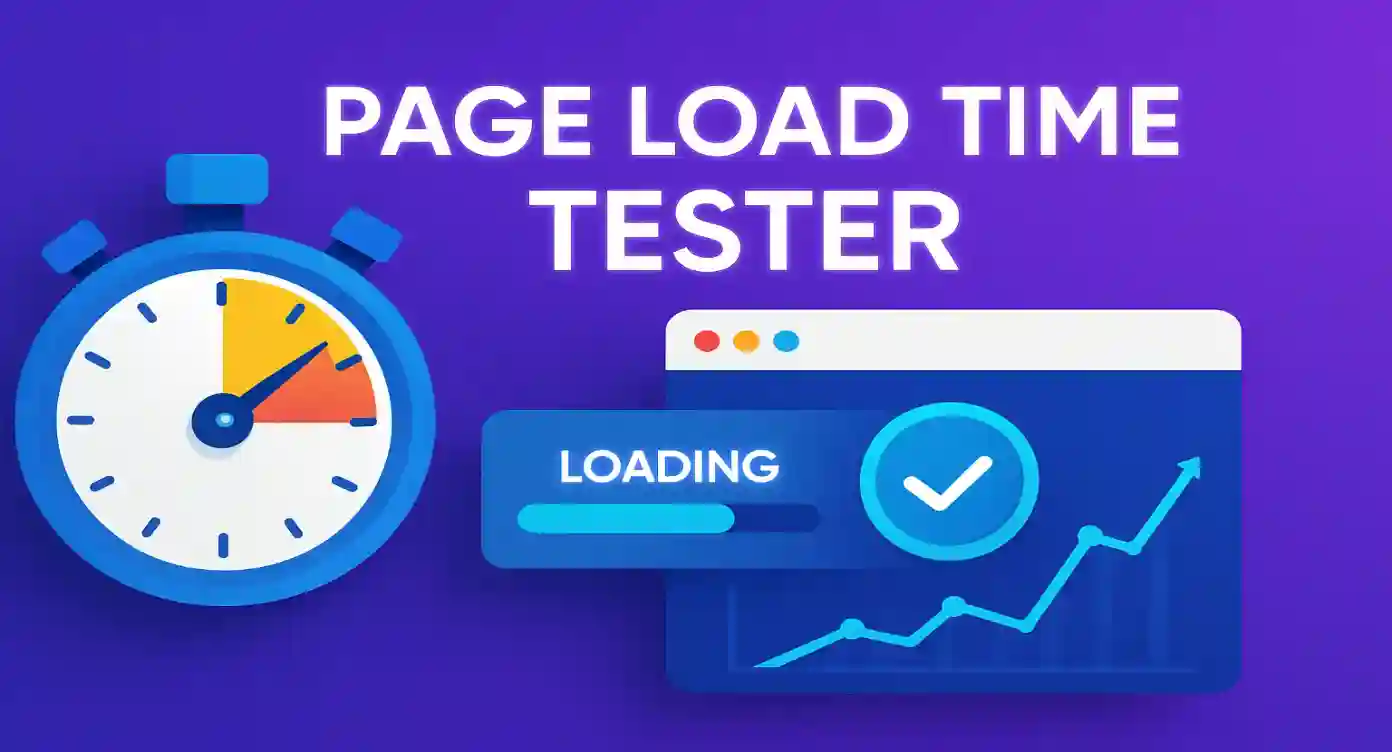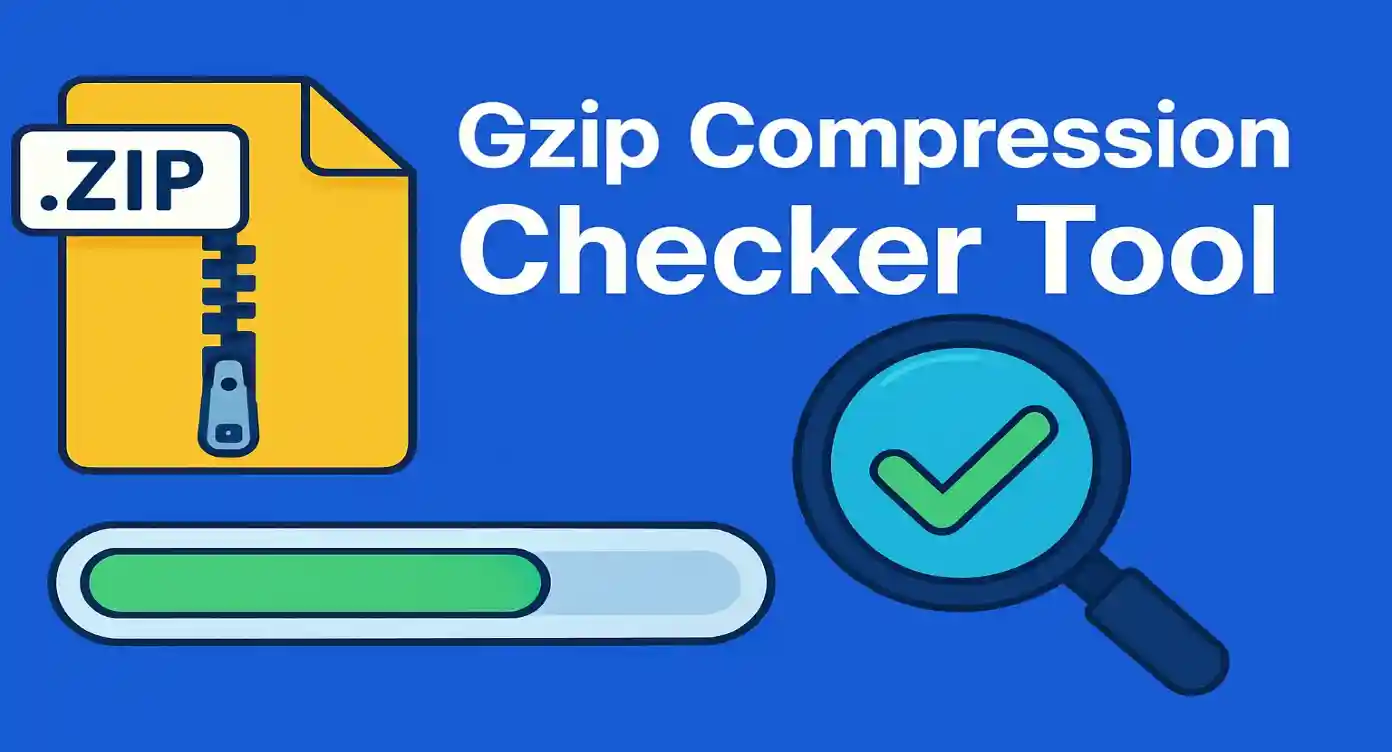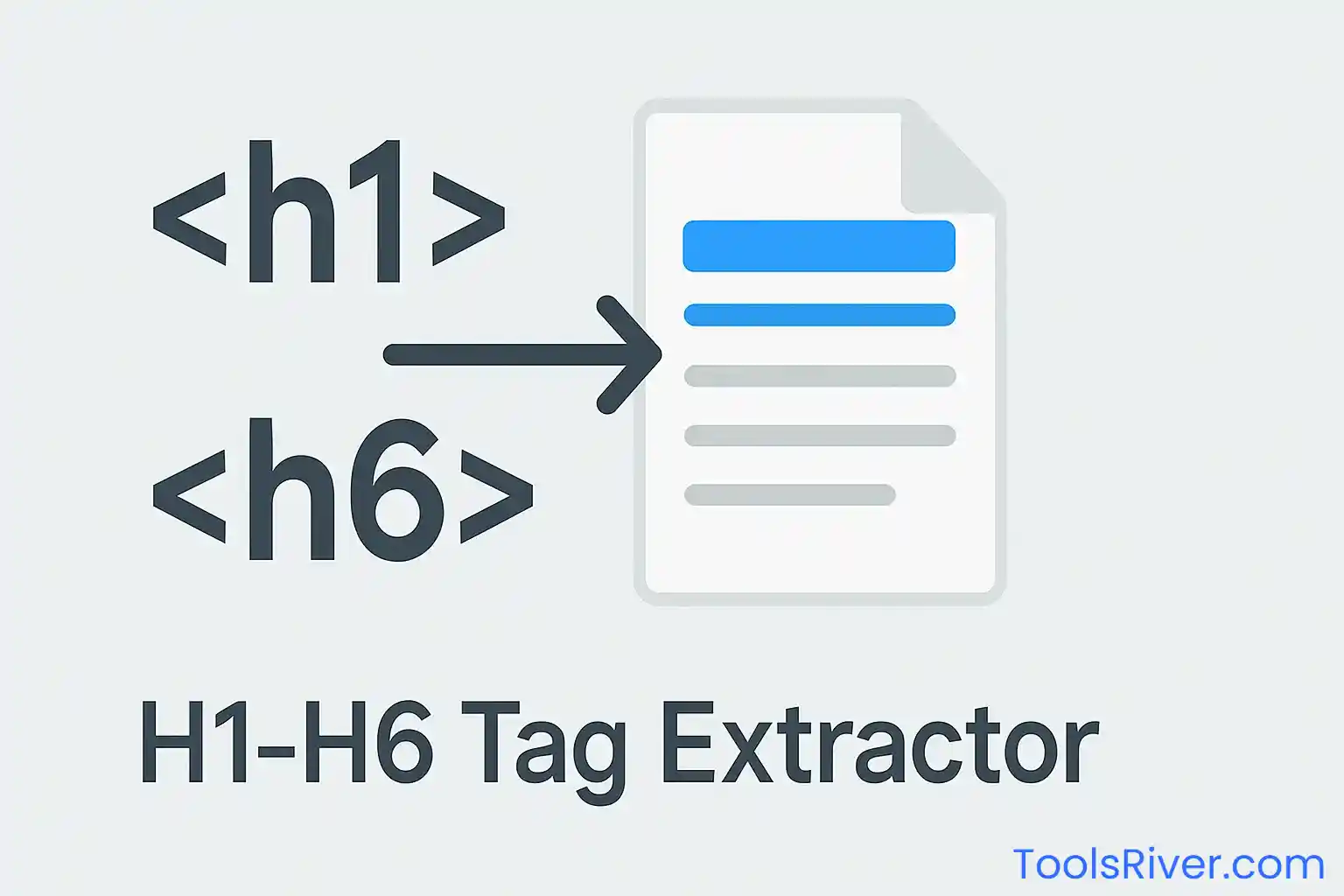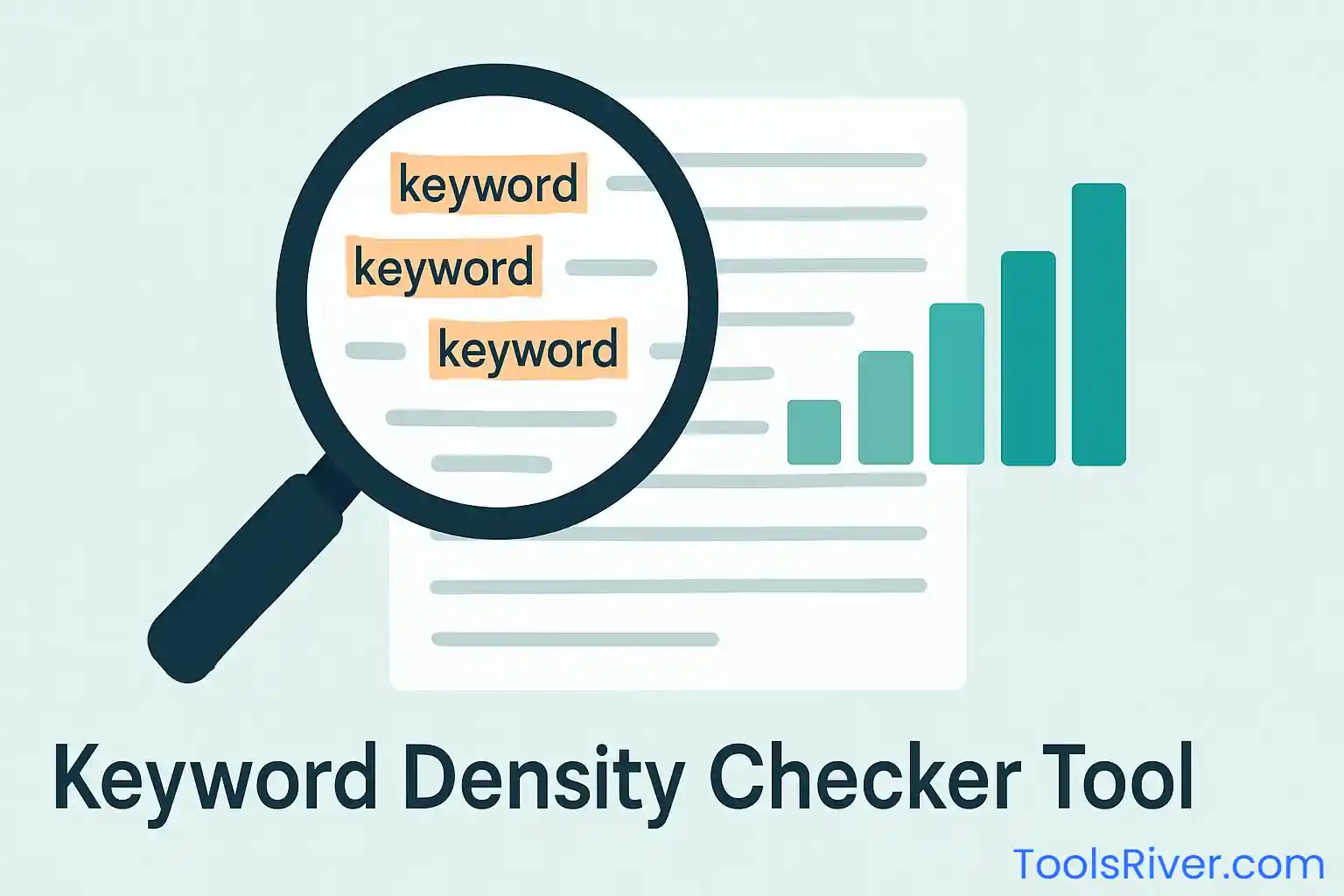Domain age refers to the length of time a domain name has been registered and active since its initial registration date. It's calculated from the moment a domain was first registered to the current date, providing valuable insights into a website's history and credibility.
Understanding domain age is crucial for several reasons. Search engines like Google often consider domain age as one of the ranking factors, with older domains generally having more authority and trust. Additionally, domain age can indicate the stability and longevity of a business or website, making it an important metric for competitive analysis, due diligence, and SEO strategies.
Important Note
Our domain age checker provides accurate, real-time data by querying official WHOIS databases directly. Unlike other tools that may show cached or outdated information, we ensure you get the most current and precise domain registration details.
Using our domain age checker is simple and straightforward. Follow these easy steps to get accurate domain age information:
- Enter the Domain: Type the domain name in the input field. You can enter it with or without "www" or "http://" - our tool automatically handles URL formatting.
- Click Check: Press the "Check Domain Age" button to initiate the WHOIS lookup process.
- Wait for Results: Our system queries the appropriate WHOIS server and processes the registration data in real-time.
- View Results: Get comprehensive information including exact registration date, total age in years/months/days, and domain status.
- Copy or Share: Use the copy buttons to easily share the information or save it for your records.
Pro Tip
For bulk domain age checking, bookmark this page and use it for quick lookups. The tool works with international domains and handles complex TLD structures automatically.
When you check a domain's age, our tool provides several key pieces of information that help you understand the domain's history and status:
Registration Date
This is the exact date and time when the domain was first registered. This information comes directly from the official WHOIS database and represents the domain's "birthday." Keep in mind that this date reflects the original registration, not when the current owner acquired it.
Age Breakdown
We calculate the domain age in multiple formats for your convenience:
- Years, Months, Days: Precise age calculation showing exactly how old the domain is
- Total Days: Complete age in days for statistical analysis
- Age Category: Classification based on domain maturity (New, Growing, Established, Mature, Veteran)
Domain Status Indicators
Our tool categorizes domains based on their age to help you quickly assess their maturity:
- New (0-1 year): Recently registered domains
- Maturing (1-2 years): Domains building their reputation
- Established (2+ years): Mature domains with proven track record
Domain age plays a significant role in search engine optimization (SEO) and overall website credibility. While it's not the most important ranking factor, it contributes to your site's authority and trustworthiness in several ways:
Search Engine Trust
Search engines like Google tend to trust older domains more than newer ones. This is because older domains have had more time to establish their reputation, build quality backlinks, and demonstrate consistent content publication. However, domain age alone won't guarantee high rankings - content quality and relevance remain paramount.
Authority Building
Established domains often have more opportunities to build domain authority through:
- Natural link acquisition over time
- Brand recognition and direct traffic
- Historical content and indexed pages
- Social media presence and mentions
Competitive Analysis
Knowing your competitors' domain ages helps you understand their market position and SEO advantages. If you're competing against much older domains, you'll need to focus more on content quality, user experience, and innovative marketing strategies to level the playing field.
SEO Best Practice
While you can't control your domain's age, you can focus on building quality content, earning legitimate backlinks, and providing excellent user experience. These factors often outweigh domain age in modern SEO.
Our domain age checker serves various professionals and use cases across different industries:
To get the most value from domain age information, consider these advanced analysis techniques:
Historical Context Matters
Domain age should be considered alongside historical events in your industry. A domain registered during a market boom might have different significance than one registered during a recession or major industry shift.
Cross-Reference with Archive Data
Use tools like the Wayback Machine to see how a domain has evolved over time. A domain might be old but have very little historical content, indicating recent development or ownership changes.
Consider Domain History
Remember that domain age reflects registration date, not current ownership. Domains can be sold, transferred, or repurposed. Always consider:
- Whether the domain has always been used for its current purpose
- Any periods where the domain might have been parked or unused
- Potential ownership changes that might affect its authority
- Previous content or business model changes
Batch Analysis Strategies
For competitive analysis or market research, create a spreadsheet to track multiple domains:
- Compare competitor domain ages in your industry
- Identify market entry patterns and timing
- Spot opportunities in underserved market segments
- Track new entrants and established players
Whether you're a domain investor, SEO professional, or business owner, understanding domain age best practices can help you make better decisions:
For New Website Owners
- Be Patient: New domains need time to build authority. Focus on quality content and user experience rather than worrying about domain age.
- Consistent Publishing: Regular, high-quality content publication helps establish your domain's credibility over time.
- Natural Link Building: Focus on earning legitimate backlinks through valuable content and genuine relationships.
- Long-term Strategy: Develop a long-term content and SEO strategy that will pay dividends as your domain ages.
For Domain Buyers
- Check History: Use the Wayback Machine to verify how the domain was previously used.
- Verify Clean History: Ensure the domain hasn't been penalized or used for spam.
- Consider Relevance: An old domain is only valuable if it's relevant to your intended use.
- Price Accordingly: Factor domain age into your valuation, but don't overpay based on age alone.
For SEO Analysis
- Holistic Approach: Consider domain age alongside content quality, backlinks, and technical SEO factors.
- Competitor Benchmarking: Compare your domain age with competitors to understand the competitive landscape.
- Historical Context: Research industry changes and events that occurred around domain registration dates.
- Authority Building: Focus on building domain authority through legitimate SEO practices rather than relying on age alone.
Remember
Domain age is just one piece of the puzzle. Success online depends on providing value to users, maintaining high-quality content, and building genuine relationships within your industry. Age can provide advantages, but it's not a substitute for good business practices.

